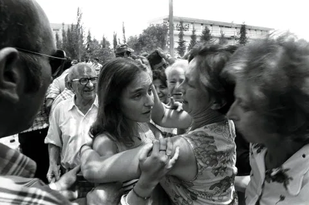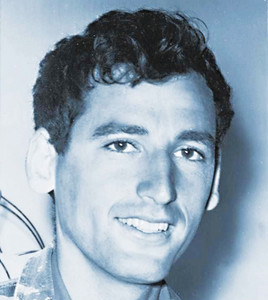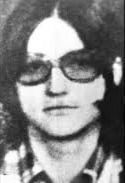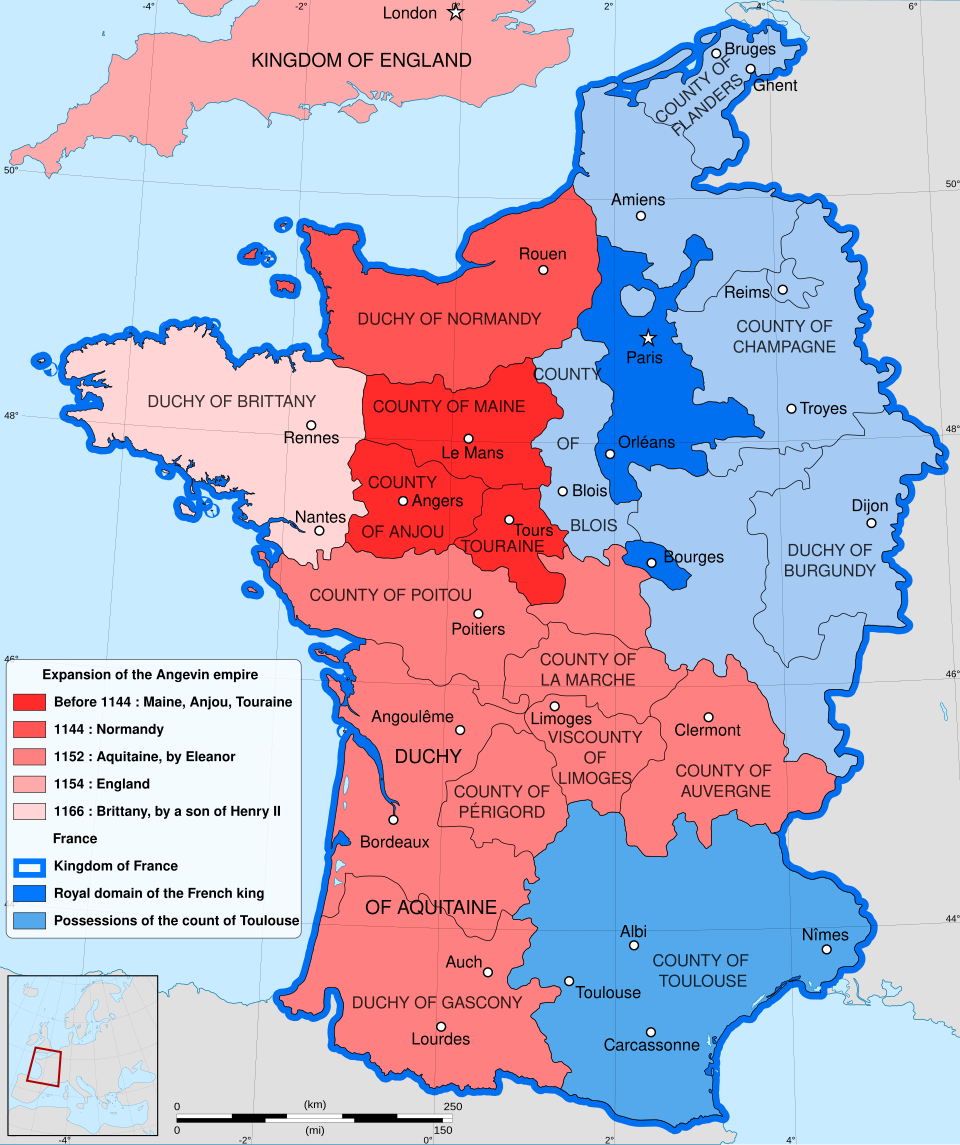Unknown Soldiers Episode 5 - Thunderbolt: Commentary and Sources
- James Houser
- Sep 6, 2021
- 4 min read
Today’s episode is all about one of the most successful and most groundbreaking special forces missions in world history: the Raid on Entebbe, Operation Thunderbolt, where Israeli special forces of Sayeret Matkal (Unit 262, often just known as “The Unit”) rescued a group of hostages from Entebbe International Airport in Uganda.

The 1976 Israeli hostage rescue mission at Entebbe Airport was originally codenamed Operation Thunderbolt. It is also remembered by multiple other names, including Operation Entebbe (yeah, great secrecy there) and Operation Yonatan after its most famous casualty, Colonel Yonatan (Jonathan) Netanyahu. Much of today’s focus is on the legacy Yonatan left behind, in particular the mythologizing and the turning of Entebbe into this massive heroic event that…well, reality makes a lot muddier. It always does.

One of the big things I need to touch on is that the Israeli-Palestinian Conflict is a super super super controversial topic and I didn’t really do much explaining about it today. This episode was not the time or place to advance my views on the subject, so I did not do that. My views are complicated and don’t put all the blame or all the guilt on either side. If I ever get around to the Arab-Israeli Wars, which may be a thing I do (though that will be a series, and it will have to be a long one), then I’ll delve deeper into it.

One thing I DID have to cut for time, because I always do have to cut something for time, was a lot more context about Israel’s involvement with Kenya. This involved a man I didn’t even namedrop in the episode itself: Bruce McKenzie, Minister for Agriculture in the government of Jomo Kenyatta during this period. McKenzie was originally British, of course, but he was also probably working for British Intelligence throughout this period. He was one of the critical links between Israel, Kenya, and the Western Intelligence services that helped make Operation Thunderbolt possible. For this, and other previous run-ins, Idi Amin had McKenzie assassinated in 1978. Maybe that was something I should have included in today’s episode, but it turned out to be a 15-minute tangent that I had to cut for time. So apologies if anyone really wanted to hear about this random Scotsman that was working for Kenya that was sorta important to the story. I do always have to cut something.
Members of "The Unit" in their prep for Operation Thunderbolt, using the black car that was meant to be mistaken for a government official's/Idi Amin's vehicle
Images from the return of the hostages, July 4, 1976
So I do need to discuss something here I didn’t touch on in the actual episode: the movies made about Entebbe. There were three films made about it literally within months of the raid itself, one starring (??) Charles Bronson for some reason. These films were: the 1976 American TV movie Victory at Entebbe with a bunch of big names, the 1977 American TV movie Raid on Entebbe directed by Irvin Kershner and starring Bronson, and the 1976 Israeli movie Operation Thunderbolt.
None of these movies were really worth a lick, so that’s maybe why the event itself isn’t well remembered. They went real hard on the pro-Israeli propaganda, and also in an era when many of the actual facts about the raid weren’t really publicly known. But this lack of a decent movie may have also made the event itself less well known. Everyone knows about the 1993 Battle of Mogadishu, for instance, and I’m pretty convinced that that’s only because of Black Hawk Down. So having a good movie made about something makes people remember it. Who would know William Wallace in the USA today if not for Braveheart?
I SHOULD mention the much more recent movie, 7 Days in Entebbe (2018) with Rosamund Pike and Daniel Bruhl. I also don’t recommend this one because while it IS something of an improvement on the “rah rah Israel” propaganda of the 70s movies, it’s…just not a good movie. The entire critical portion of the raid itself is not only in slow-motion that would have been dated in 2004, but is interspersed with weird shots of ballerinas? Or something? It’s dull, and not good. Which I’m sorry to say, because this event deserves a very, very good movie that showcases both sides.
Israeli political principals, left to right: Yitzhak Rabin, Shimon Peres, and Rabin/Peres with Yassir Arafat receiving Nobel Peace Prizes for the Oslo Accords, 1994
Israeli military principals, left to right: Yonatan Netanyahu and Muki Betser
PFLP/Ugandan principals, left to right: Wilfried Boze, Brigitte Kuhlmann, Wadie Haddad, and Idi Amin
I hope you enjoyed today’s episode, and I hope you guys will listen to next week’s story! That one’s gonna be a doozy…
SOURCES
The best book by far on the topic is David’s up-to-date account.
Burleigh, Michael. Blood and Rage: A Cultural History of Terrorism. New York: HarperCollins, 2008.
David, Saul. Operation Thunderbolt: Flight 139 and the Raid on Entebbe Airport. London: Hodder & Stoughton, 2015.
Dunstan, Simon. Israel's Lightning Strike: The Raid on Entebbe 1976. Oxford, UK: Osprey Publishing, 2009.
Freedland, Jonathan. “'We thought this would be the end of us': the raid on Entebbe, 40 years on.” The Guardian, June 25, 2016. Retrieved from https://www.theguardian.com/world/2016/jun/25/entebbe-raid-40-years-on-israel-palestine-binyamin-netanyahu-jonathan-freedland
Lesch, David. The Arab-Israeli Conflict: A History. New York: Oxford University Press, 2007.
Macintyre, Donald. “Binyamin Netanyahu visits scene of brother’s 1976 Entebbe airport death.” The Guardian, July 4, 2016. Retrieved from https://www.theguardian.com/world/2016/jul/04/binyamin-netanyahu-israel-entebbe-airport-uganda
Morris, Benny. Righteous Victims: A History of the Zionist-Arab Conflict, 1881–2001. New York: Knopf, 1999.
Netanyahu, Jonathan. The Letters of Jonathan Netanyahu: The Commander of the Entebbe Rescue Operation. Jerusalem: Gefen Publishing House, 2001.
Stevenson, William. 90 Minutes at Entebbe. New York: Bantam Books, 1976.











































Comments